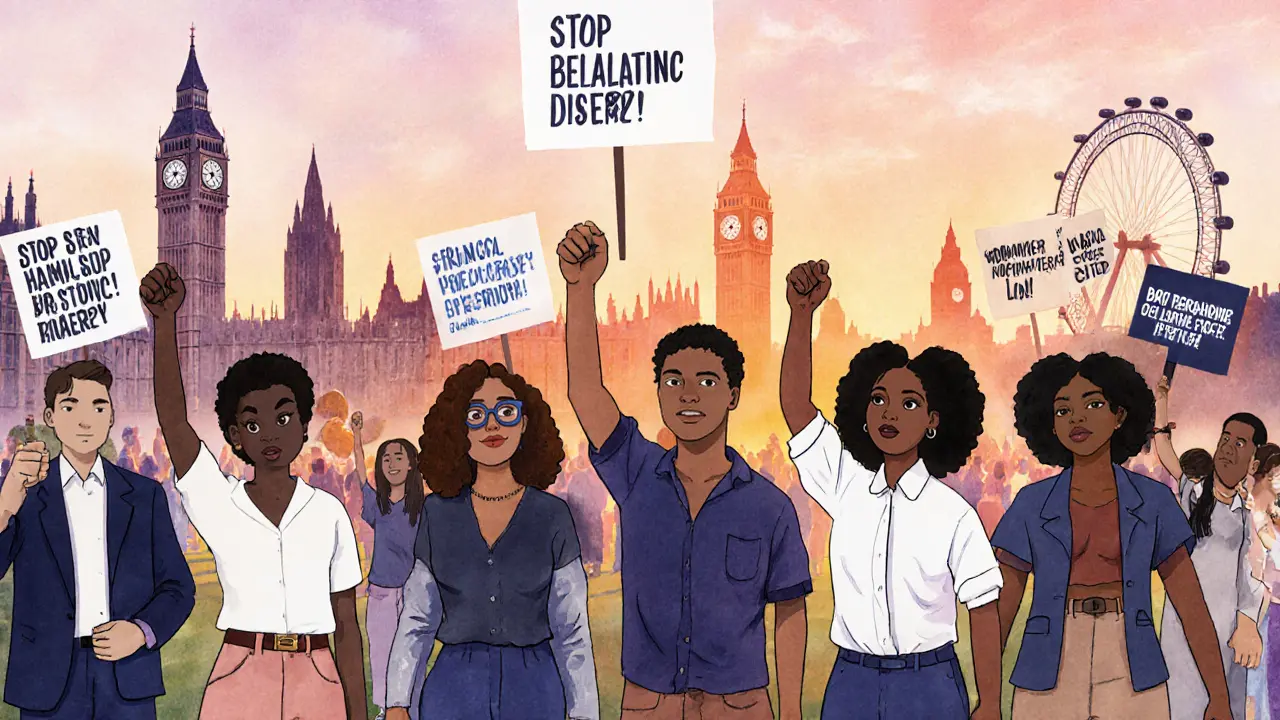When you hear about the London escort industry, you might picture neon lights and hidden doors, but the reality is far richer. London escort industry is a network of independent and agency‑affiliated sex workers operating in Greater London, providing consensual adult companionship services. It generates an estimated £500million annually and employs thousands of people seeking flexible, high‑earning work.
Understanding the Landscape
In 2023, government‑commissioned research estimated that roughly 7,500 individuals work as escorts in London, spanning a wide age range and cultural backgrounds. The sector is diverse: some operate through reputable agencies, others run their own online profiles, and a growing number use dedicated platforms that verify age and consent. This variety means the industry can adapt quickly to market demand while offering workers the chance to set their own rates and boundaries.
Legal Framework and Decriminalisation
Sex work in the UK sits in a legal gray area. While the act of exchanging sexual services for money is not a crime, related activities such as brothel‑keeping, soliciting in public, and third‑party profiteering are. Decriminalisation refers to the removal of criminal penalties for consensual adult sex work, shifting regulation to health and labor standards is championed by groups like the Sex Workers Union, who argue that it would improve safety, reduce stigma, and grant workers labor rights.
Recent parliamentary debates have highlighted the potential of a model similar to New Zealand’s, where sex work is fully decriminalised and subject to standard workplace regulations. Although the UK has not yet adopted this approach, incremental reforms-such as the 2022 amendment that eased penalties for online advertising-show a slow shift toward greater tolerance.
Empowerment and Economic Independence
For many, the escort profession offers a path to financial autonomy that traditional jobs do not. A 2024 survey by the Independent Sex Worker Forum found that 68% of London escorts rated their income as “above average” compared to national wages, and 54% said the flexibility allowed them to pursue education or caregiving responsibilities.
Key empowerment factors include:
- Control over working hours and client selection.
- Ability to set boundaries and negotiate terms.
- Access to a supportive network of peers through online forums and local meet‑ups.
These elements help transform what was once a hidden economy into a legitimate avenue for personal growth and economic security.

Safety Protocols and Health Services
Safety is a top priority for both workers and clients. Many agencies now follow rigorous Safety protocols including client screening, emergency check‑ins, and discreet location verification. Independent escorts often adopt similar measures: using trusted transport services, sharing real‑time location with a friend, and employing a “buddy system” for high‑risk appointments.
Health services tailored to sex workers have expanded in recent years. Clinics such as the London Sexual Health Centre offers free STI testing, mental‑health counseling, and contraception advice specifically for sex workers. These resources reduce health risks and foster a sense of community care.
Stigma, Misconceptions, and Social Perception
Despite progress, stigma remains entrenched. A common myth is that all escorts are trafficked victims. While trafficking is a serious issue that must be addressed, conflating it with consensual sex work obscures the agency of many professionals.
| Myth | Fact |
|---|---|
| All escorts are forced into the trade. | Surveys show the majority enter the industry voluntarily for financial or personal reasons. |
| Escort services are illegal. | In the UK, consensual adult sex work is legal; only related activities like brothel‑keeping are criminalised. |
| Clients are always dangerous. | Professional screening and verification processes significantly reduce risk, and many clients are regular, respectful patrons. |
Changing the narrative requires amplifying the voices of sex workers themselves. Podcasts, documentaries, and articles written by escorts have begun to shift public opinion, emphasizing consent, professionalism, and human rights.

Advocacy, Unions, and Future Directions
Organizations such as the Sex Workers Union offers legal support, bargaining power, and advocacy for safer working conditions have grown rapidly. Their campaigns target three pillars:
- Legal reform toward full decriminalisation.
- Improved access to health and financial services.
- Public education to dismantle stigma.
Looking ahead, technology will play a bigger role. Secure, encrypted booking platforms can protect identities while streamlining payments, and AI‑driven risk‑assessment tools could flag suspicious patterns before they become safety threats.
Practical Checklist for London Escorts
- Register with a reputable agency or verified online platform.
- Perform a background check on every client; ask for references when possible.
- Set clear boundaries in writing before any meeting.
- Share your itinerary with a trusted friend and use a check‑in app.
- Schedule regular STI testing at a specialized health clinic.
- Keep records of earnings for tax purposes and consider a separate business bank account.
- Stay informed about legislative changes by following unions and advocacy groups.
Frequently Asked Questions
Is the escort industry legal in London?
Yes. Consensual adult sex work is legal in the UK, but related activities such as brothel‑keeping, public solicitation, and third‑party profiteering remain criminal offences.
How can escorts ensure their safety?
Use vetted platforms, conduct client screenings, share location details with a trusted contact, and follow agency‑provided safety protocols. Many also carry personal safety devices and keep a ‘code word’ for emergencies.
What financial benefits does escort work offer?
Earns often exceed average wages, especially for high‑end services. The flexible schedule allows workers to take on additional gigs, study, or care for family while still meeting financial goals.
Are there health services specifically for sex workers?
Yes. Clinics like the London Sexual Health Centre provide free STI testing, mental‑health counseling, and contraception tailored to the needs of sex workers.
What is the biggest hurdle facing the industry today?
Stigma and legal ambiguity hinder access to protections and mainstream services. Advocacy for full decriminalisation is seen as the most effective way to address this barrier.

